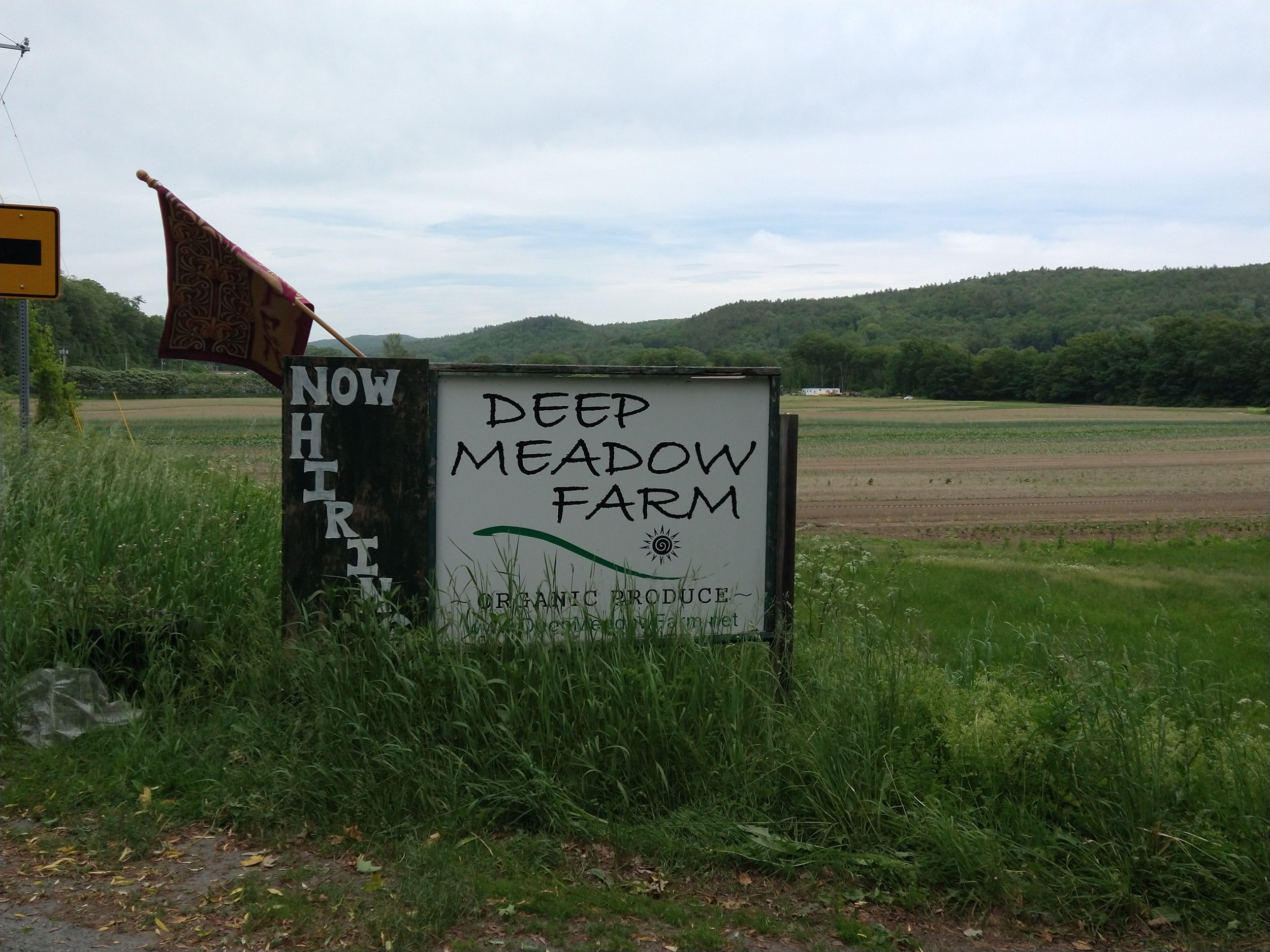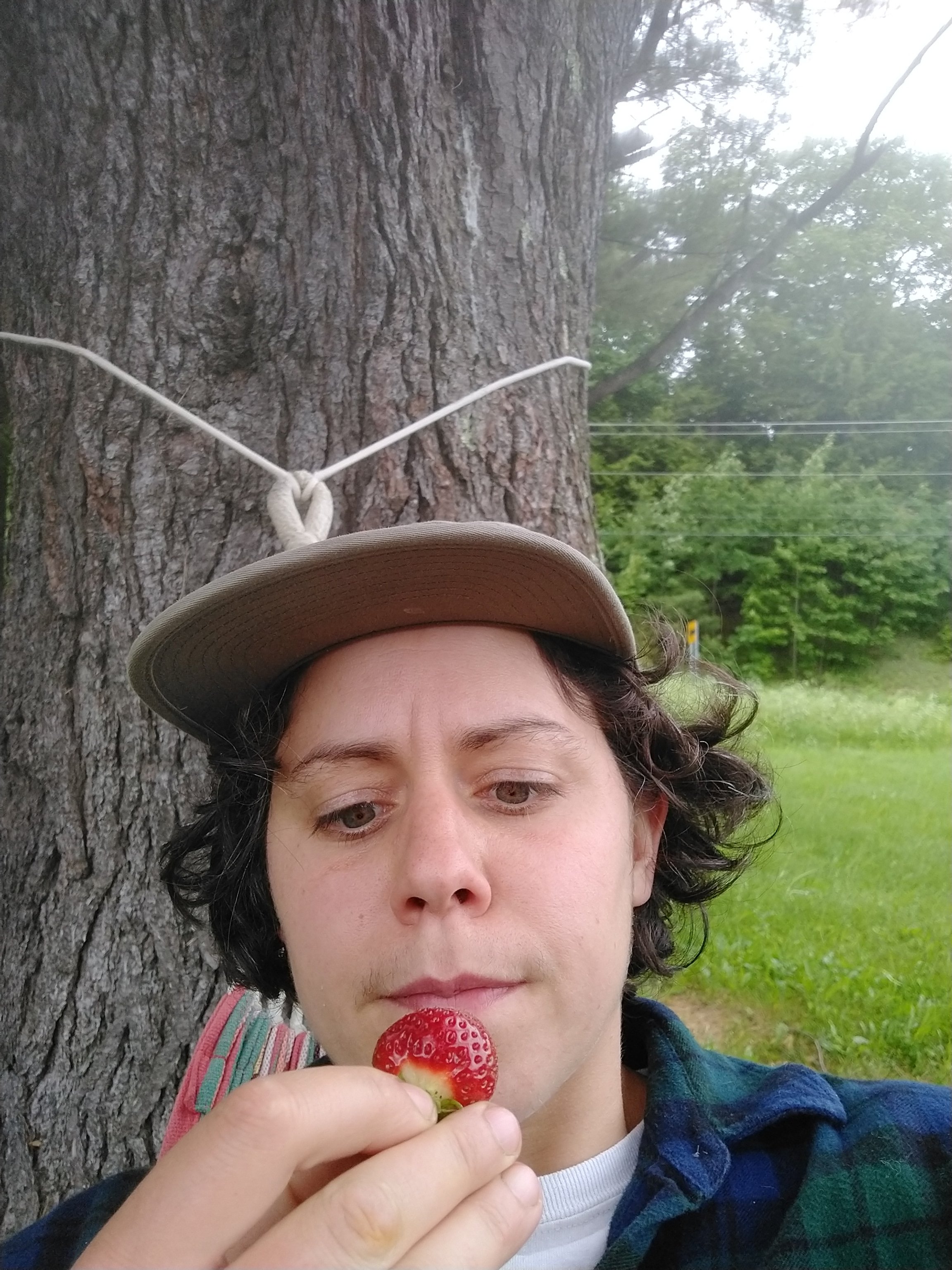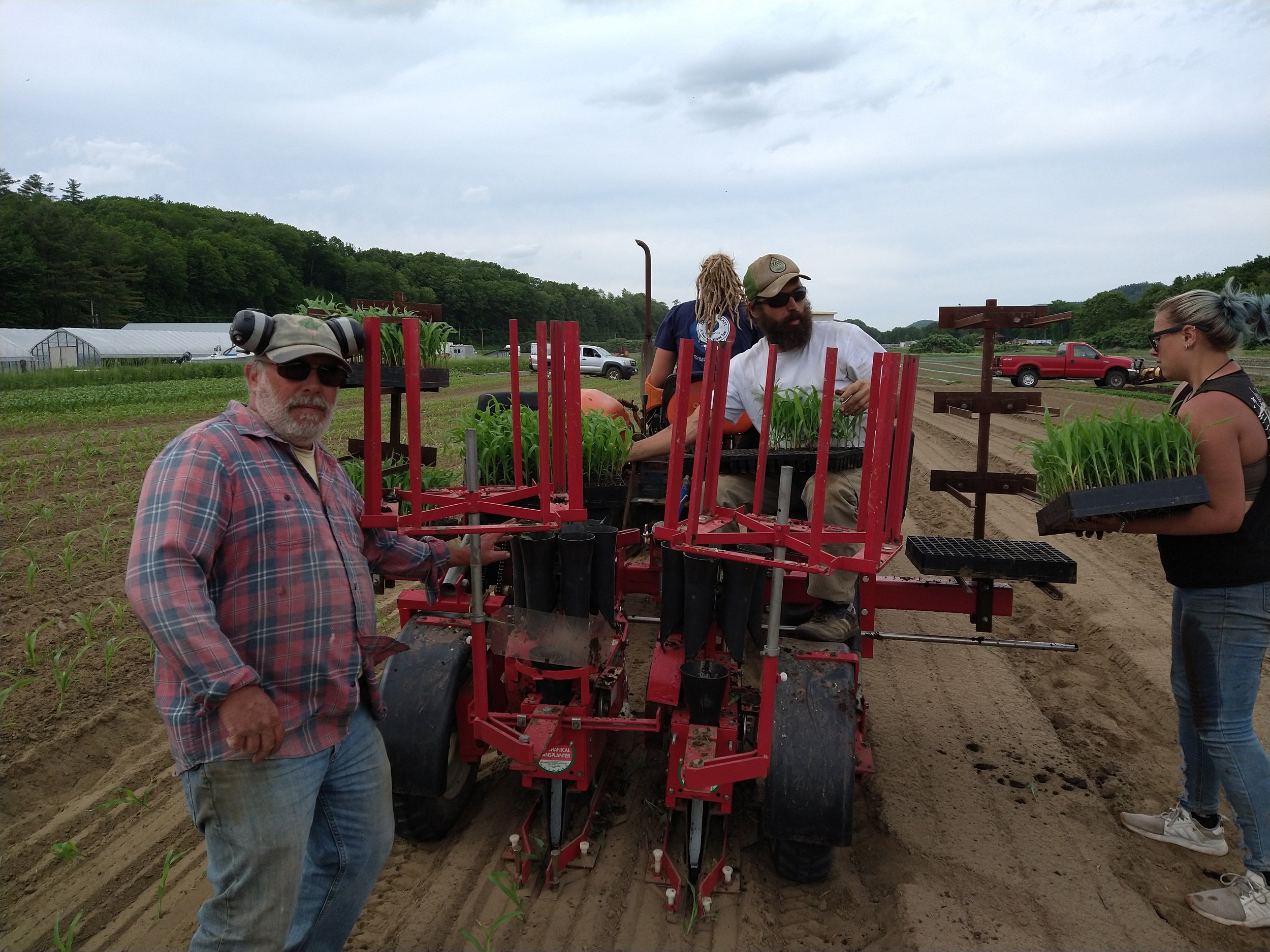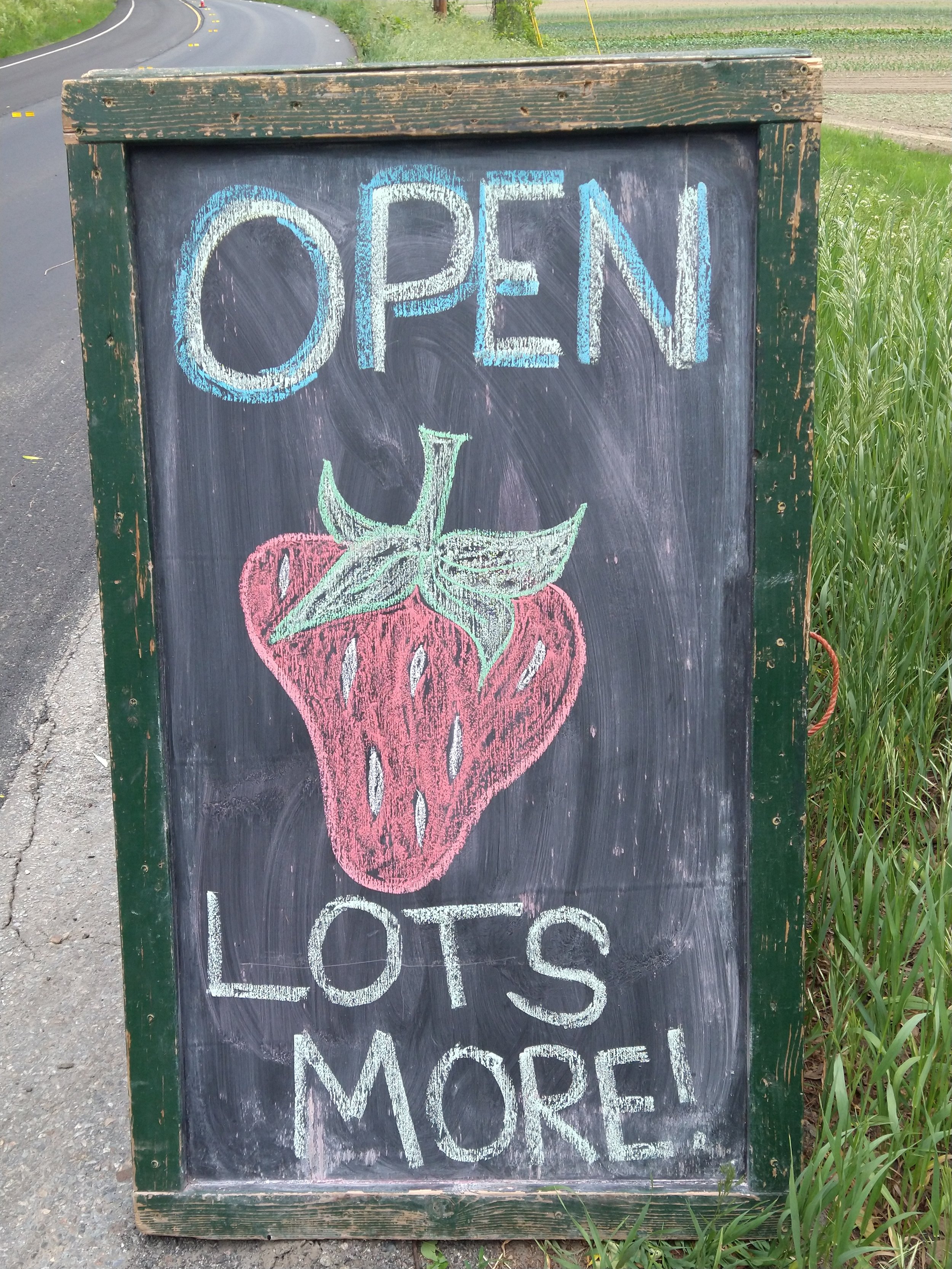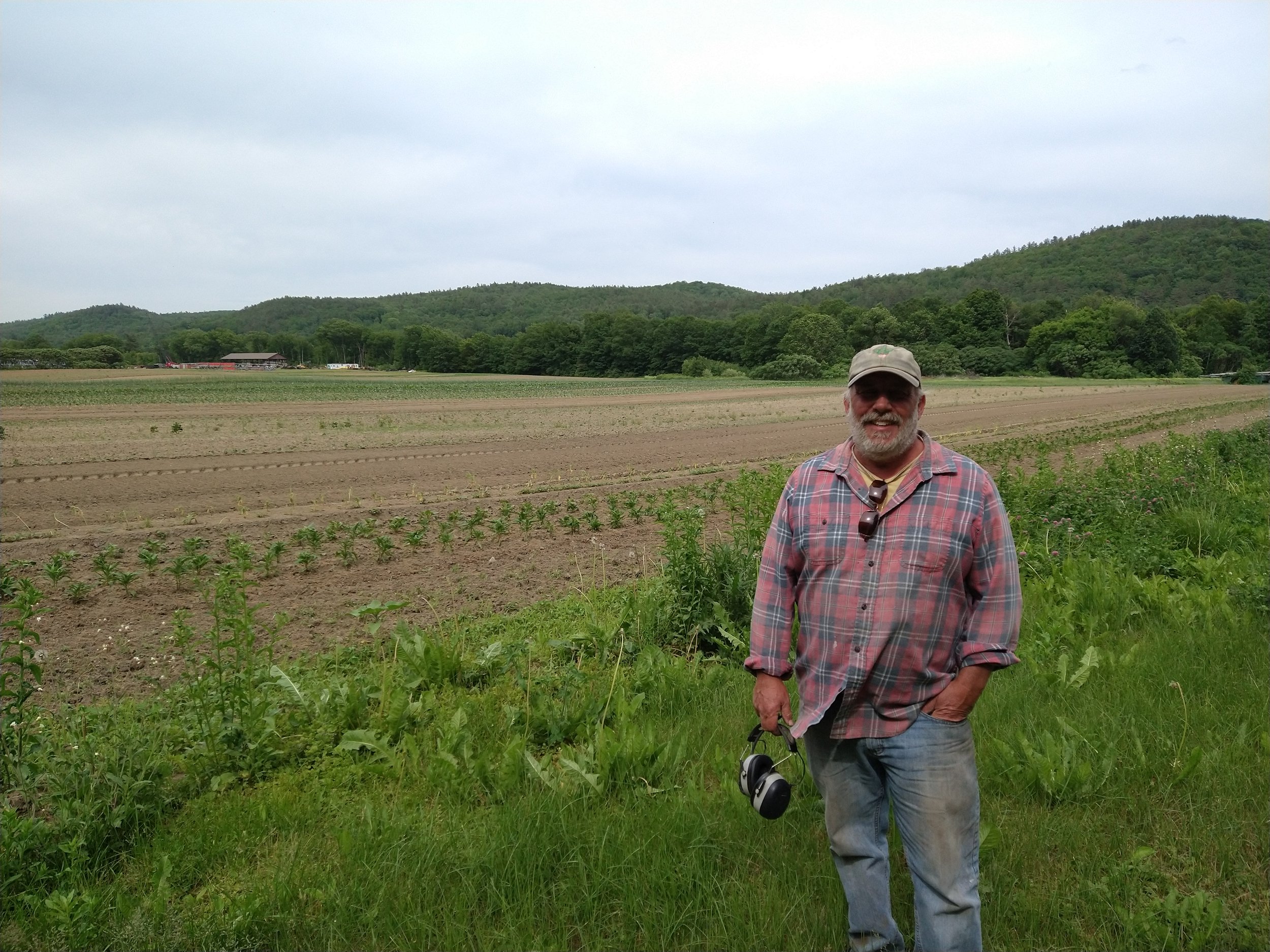On September 20th, the Payment for Ecosystem Services and Soil Health Working Group (PES WG) reconvened after a summer break that began in June to consider options on how to invest the $1M in funding secured in the State’s budget. There are five options on the table, and the group is open to creating a hybrid option. Noticeably, none of the options presented meet what farmers indicated they are willing to accept on an annual basis. A decision will need to be made soon on how to spend the $1M already allocated to develop a pilot program. Rural Vermont supports a proposal that would invest the funds to further research how to best streamline existing programs and financial incentives with improving the interface operability of various programs and under consideration of service providers, as well as piloting farm teams that advance whole farm planning together with farmers.
The roadmap for the PES WG throughout the end of the year includes discussing how to best mix and match options for program development throughout September, soliciting feedback in October and starting to shape the cornerstones for the final report to the legislature at the end of November (report due on January 15th). At the September 20th meeting of the PES WG, all options that the smaller summer team discussed were presented and initially discussed. Those include:
One option on the table is to compensate farmers for generating soil health data - with no explicit link to ecosystem services, nor payments for improvements of the same. Rural Vermont is concerned that such a proposal not only doesn’t enhance ecosystem services here in Vermont, but it would pave the way for whomever has the data to sell the information as carbon credits elsewhere! We say NO to FALSE SOLUTIONS to CLIMATE CHANGE as nothing changes when carbon emissions are offset!
More information about farmer survey results from UVM
35 farmer interviews were conducted by a UVM research team for the PES Working Group with an emphasis on acceptable compensation levels and additional bureaucratic burdens for farmers. Farmers like Paul Doton (CRWFA) expressed independently that they feel overburdened and frustrated by the process of enrolling and implementing multiple different programs and practices without sufficient technical and financial support. In a letter to the PES WG sent on 9/19/22, Paul Doton states:
“Fundamentally, we have too many programs to navigate, and they don’t work together - in fact in many ways they negate each other.”
While we’re waiting for the PES WG website to feature a link to the report, you can view and download the full UVM report on farmer interviews now on UVM scholarworks.
Nearly all farmers surveyed indicated that they would weigh administrative workload with perceived program benefits. Aside from the pre-existing focus on soil health, existing programmatic shortfalls and opportunities have not been discussed. Farmers flagged a need for more access to technical assistance, which is in alignment with a Vermont Farm To Plate priority strategy # 12 that recommends funding at least 25 more full time technical assistance providers. The UVM report suggests that a PES program should at the very least compensate farmers for paperwork burdens on a per acre basis. Farmers also voiced concerns about how undifferentiated per acre payment rates across different farm types would favor the participation of farms with more acres and those which were less intensively managed. The PES Working Group originally envisioned a program that would facilitate a “paradigm shift” in agriculture. We support Paul Doton’s expressed vision in this week’s letter to the PES WG:
“What I would like to see come out of the PES Working Group is for farmers to have a clearer picture of what is involved with getting help to begin with, including knowing upfront what the criteria is, what the procedure will be, and having streamlined access to funding. We should be figuring out how to put programs together to get maximum benefits to the farmers and to ecosystem enhancements. Let’s give farmers options, not mandates.
We need to complement federal programs, avoid state-level duplication of efforts, and to build improved communication between agencies and agriculture service providers.”
Along these lines, we expressed support via public comment for investing into more service providers, whole farm planning, tiered stewardship levels and the development of an online platform similar to VT Health Connect that would streamline existing programs and financial incentives in a consumer friendly manner during the ongoing PES WG process.
More on PES Small Farmer Group
Rural Vermont is part of the PES Small Farmer Group that supports an approach that would invest the $1M in research and focus groups with agriculture service providers. Goals are to inform and further develop programmatic improvements that enhance and streamline existing programs and financial incentives to improve soil health, enhance crop resilience, increase carbon storage and stormwater storage capacity, increase biodiversity, and reduce agricultural runoff by also lowering bureaucratic burdens on everyone involved. (See White River NRCD proposal here)
The PES Small Farmer Group includes NOFA-VT (Maddie Kempner), the VT Healthy Soils Coalition (Cat Buxton), Guy Choiniere (Choiniere Family Farm), Stephen Leslie (Cedar Mountain Farm, Cobb Hill Creamery), The White River Conservation District (Jennifer Byrne) Rural Vermont (Caroline Gordon) and more allies and supporters from the farming communities across the grassroots (on farm) and tops (organizations).
The group met throughout the PES WG process to include farmer voices in the decision making process around program development. Aside from promoting educational outreach to farmers to ensure a transparent public process, the group advocated for farmer surveys to inform key elements of program design. Farmers developed and submitted their own visions and ideas with support from the group, such as the CSP+ proposal that Guy Choiniere co-developed and Stephen Leslie’s vision for a VT Soil Health Protection and Restoration Act based on whole farm planning with service providers (read a comparison of these and more farmer concepts submitted here).




